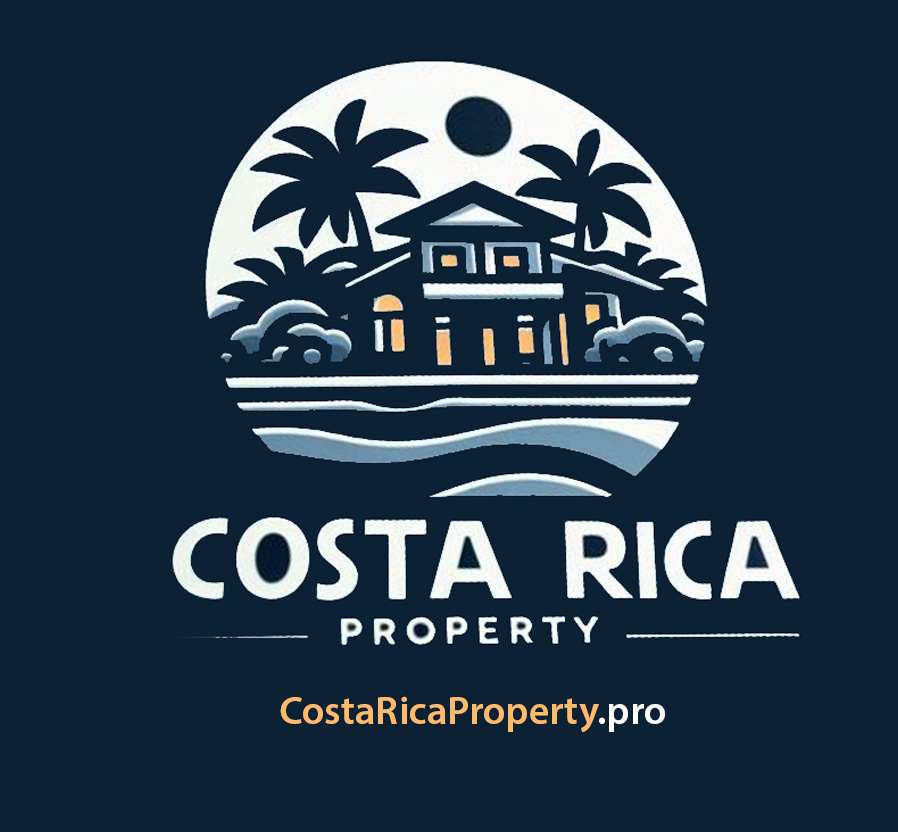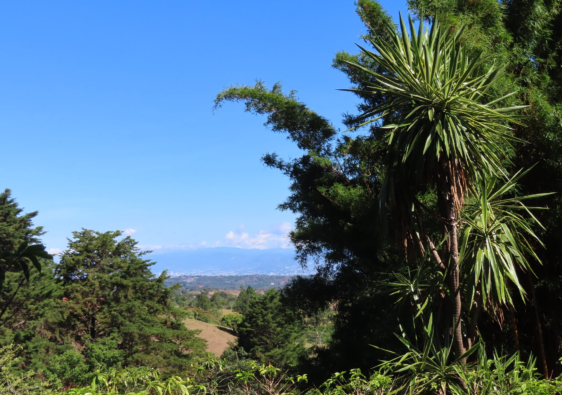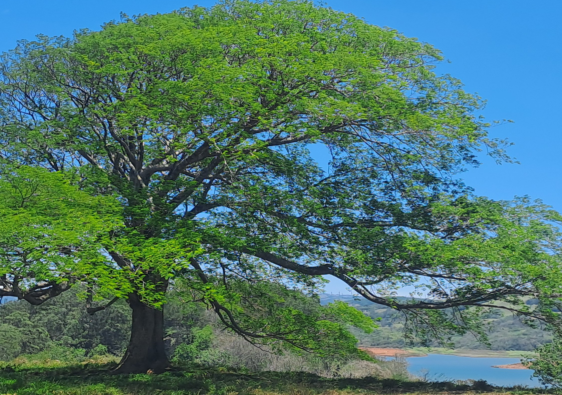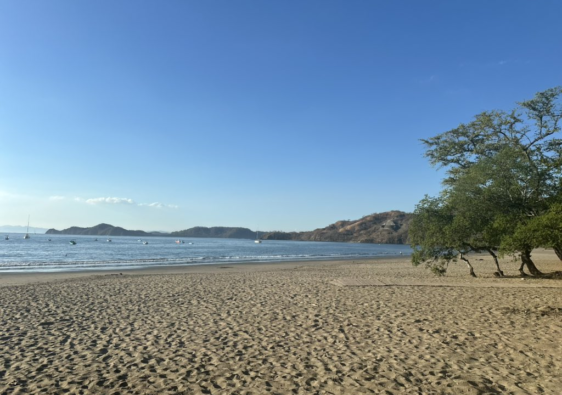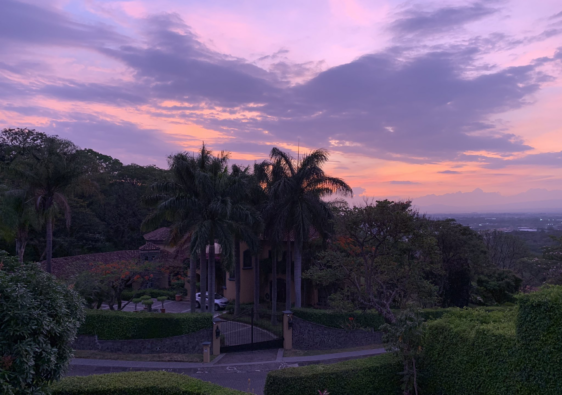Nestled between the Pacific Ocean and the Caribbean Sea, Costa Rica has long been a magnet for tourists, retirees, and investors drawn to its natural beauty, stable democracy, and favorable climate. Among the many questions that arise for those considering a move or investment in this Central American gem is whether foreigners can purchase property in Costa Rica.
The short answer is yes, foreigners can indeed buy property in Costa Rica. The country has laws and regulations in place that allow non-residents to own land and real estate within its borders. However, there are certain nuances and procedures that potential buyers should be aware of before diving into the market.
One of the key aspects of purchasing property in Costa Rica as a foreigner is understanding the legal framework governing real estate transactions. While the process is generally straightforward, it is highly recommended to seek the guidance of a qualified attorney with experience in Costa Rican real estate law. They can help navigate the intricacies of the local legal system and ensure that the transaction complies with all applicable regulations.
One important consideration for foreign buyers is the concept of “concession land.” In Costa Rica, certain coastal areas and other strategic locations are classified as concession land, which means that while ownership of the land itself is not permitted for non-citizens, long-term leases are available. These leases typically last for up to 20 or 25 years and can be renewed upon expiration. It’s essential for buyers to understand the terms of any concession agreement before committing to a purchase.
Another aspect to consider is financing. While it is possible for foreigners to obtain financing from Costa Rican banks for real estate purchases, the terms and requirements may differ from those for local residents. Additionally, many buyers opt to finance their purchases through private lenders or by leveraging assets in their home countries.
Tax implications are also an important consideration for foreign buyers. Costa Rica imposes property transfer taxes, as well as annual property taxes, which vary depending on the value and location of the property. Buyers should familiarize themselves with these taxes and consult with a tax professional to understand their obligations.
Despite these considerations, the allure of owning a piece of paradise in Costa Rica continues to attract foreigners from around the world. Whether it’s a beachfront villa, a mountain retreat, or a bustling urban condo, there are options to suit every taste and budget.
In conclusion, yes, foreigners can buy property in Costa Rica. With the right guidance and due diligence, investing in real estate in this tropical haven can be a rewarding and fulfilling experience. As always, it’s essential to do thorough research and seek expert advice to ensure a smooth and successful transaction.
